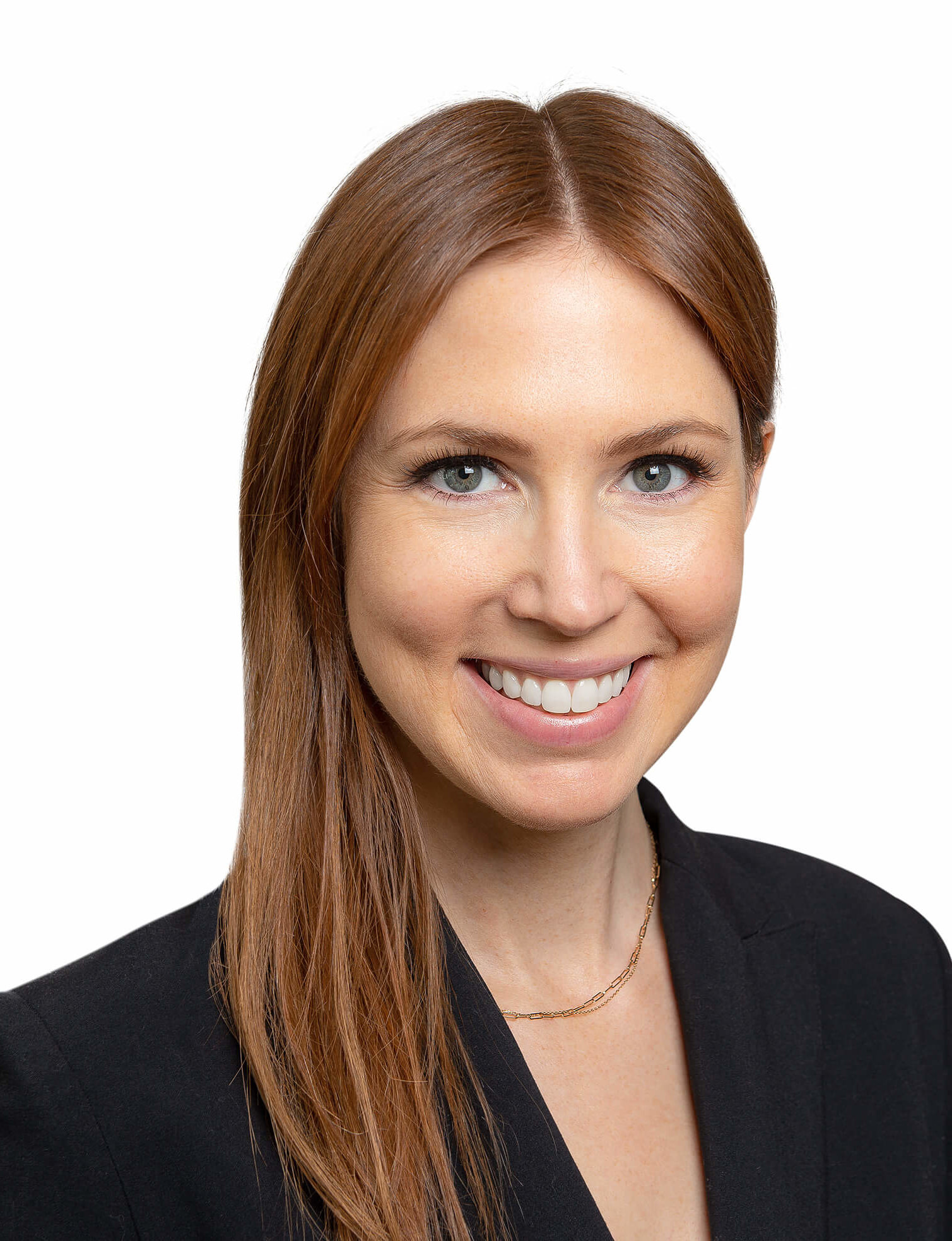- CEOCap
- Jaime Watt’s Debut Bestseller ‘What I Wish I Said’
- Media Training
- The Push Back
- Internship program
- Update Your Profile
- Homepage
- It’s time for a change
- It’s time for a change
- Kio
- Ottawa
- Art at Navigator
- Navigator Limited Ontario Accessibility Policy
- Virtual Retreat 2020 Closing Remarks
- COVID-19 Resources
- Offices
- Navigator Sight: COVID-19 Monitor
- Navigator Sight: COVID-19 Monitor – Archive
- Privacy Policy
- Research Privacy Policy
- Canadian Centre for the Purpose of the Corporation
- Chairman’s desk
- ELXN44
- Media
- Perspectives
- Podcasts
- Subscribe
- Crisis
- Reputation
- Government relations
- Public affairs campaigns
- Capital markets
- Discover
- studio
- How we win
- What we believe
- Who we are
- Careers
- Newsroom
- AI
- Empower by Navigator
- Environmental responsibility

If necessity is the mother of invention, it stands to reason that the past two years have been fertile ground for innovative thinkers stepping up to make leaps forward in their communities, organizations or sectors that may have otherwise taken years. Perhaps as importantly, it’s the local, personal, seemingly small changes that are making the biggest impact.
We spoke to a group of “accelerating thinkers” who have done exactly that, to get to the bottom of what has motivated and inspired them, as well as the ingredients that have been key to their continued success. While their stories are diverse, we found a common theme around two basic human needs: collaboration and connectivity.
Accelerators Section
THE GIG PIONEER
Dan Mangan
Current role: Musician and Co-Founder of Side Door
Based in: Vancouver
Canadian startup Side Door was founded in 2017 to connect aspiring musical artists who tour with hosts of small or niche concert venues, such as living rooms, backyards and bookstores.
Of course, the pandemic completely shut down concerts across the world. Dan Mangan and co-founder Laura Simpson acted quickly and pivoted to launch an online community to serve a similar purpose: to foster an environment where artists at any level can get paid and reach their fans and new listeners.
In 2020 Side Door went from being an in-person-only platform to helping facilitate 900 shows online. As a result, the organization’s user base grew to more than 65,000 users, including 5,000 artists and 2,000 available spaces.
The music industry has operated using a somewhat archaic model that was laid bare during the pandemic. Dan is trying to change that. He envisions a world where shows can be booked rapidly (within days) between strangers. His goal is to make live entertainment more democratic, more accessible and more independent, so that a community of 100,000 artists have the potential to earn $100,000 a year through their music, whether or not they are famous.
Having a less centralized music model that matches people — anyone, anywhere — with the music they want creates accessibility and a sense of connectivity.
THE BALANCE ADVOCATE
Jonathan Metcalfe
Current role: Restaurateur / Managing Partner / Co-Owner Tuck Shop
Based in: Montreal
It’s no secret the pandemic hit the restaurant business among the hardest of all industries. Restaurateurs everywhere were forced to re-evaluate their business models and look to innovate as they welcomed back patrons.
As owner of a neighbourhood eatery and bar, Jonathan Metcalfe had a myriad of challenges to tackle. With a dedicated team of highly skilled individuals passionate about their jobs, maintaining connectivity and creating loyalty became a central task.
Jonathan, who got into exercise following surgery in 2019, proposed that his team begin working out together to keep up their mental and physical health. This routine is now an integral part of the restaurant’s culture, both in and out of the workplace. He says they have grown closer by pushing each other in a non-work environment and have found satisfaction seeing each other make progress over months. Further, staff self-confidence is through the roof, which translates to a better client experience and higher sales.
Jonathan also used the pandemic as a jumping-off point to revisit pay inequality and work-life balance for his staff. That meant addressing tip structures and consolidating operating hours over four days rather than five to ensure staff have time to refresh and spend time with loved ones. Four-day work weeks are being explored by businesses and not-for-profits across Canada and were recently championed by the Ontario Liberal Party as a pilot project worth launching on a larger scale.
With the industry continuing to face labour shortfalls, finding new ways to address the physical and emotional demands of the sector have been essential to Jonathan’s success. It’s an approach restaurateurs across Canada would be wise to watch closely.
THE CREATIVE CONNECTOR
Ana Serrano
Current role: President and Vice-Chancellor of OCAD University
Based in: Toronto
Ana Serrano was set to begin her role with OCAD in July 2020, but the pandemic had other demands. Her start date was fast-tracked to help think through how the university would respond to the pandemic, deliver what would be a mostly online educational experience, and position some of the most tactile programs to succeed in a virtual world.
During the pandemic, Ana was also focused on the mental health of the university’s students. She understood that isolation and lack of physical proximity to the OCAD U community would affect them adversely. To facilitate this need for belonging, in September 2020 she led the creation of a 24/7 digital streaming service called OCAD U Live, created for students by students, as a place where they could connect, create and express themselves while augmenting their digitally forward skills as members of the new “creator economy.”
Along with these efforts at building meaningful experiences during an unprecedented time of isolation, Ana was also focused on keeping the university on the path toward financial sustainability. This goal became a shared purpose for all members of the OCAD U community, further creating a sense of connection among this disparate group of stakeholders, from the board to the students.
THE HELPING HAND
Anila Lee Yuen
Current role: President and Chief Executive Officer of the Centre for Newcomers
Based in: Calgary
As CEO of a not-for-profit charitable organization that provides Calgary immigrants and economically disadvantaged individuals with a solid foothold in Canada, helping others is par for the course for Anila Lee Yuen.
When Calgary, particularly Northeast Calgary, was hit hard by COVID-19, she led the organization to work collaboratively with the government and partner organizations — through the Calgary East Zone Newcomers Collaborative — to not only help the most vulnerable Calgarians get through the pandemic but also to lower the COVID infection rates in the city.
As part of these efforts, Anila, with Calgary Local Immigration Partnership (CLIP), led the setup of a multilingual crisis phone line to ensure everyone could receive the care and support they needed in the language they prefer. This meant anything from sourcing laptops for people so they could safely work from home or providing food hampers to help families avoid going to grocery stores during the lockdown.
From December to June 2020, they were able to help 20,000 Calgarians with COVID-related crisis needs. Jurisdictions like Edmonton, Red Deer, Alta., and Toronto have explored similar models.
THE TALENT INCUBATOR
Matthew Lombardi
Current role: Managing Director of OneEleven
Based in: Toronto
After closing at the beginning of the pandemic in spring 2020, OneEleven, a Canadian technology startup, brought on Matthew Lombardi to help rebuild the Toronto incubator.
Its 55,000-square-foot facility was a key part of its business model and was meant to be used as a venue for events and for open-concept seating and private offices as workspaces for growing technology companies.
With physical meetings out of the question, Matthew found a new way to help OneEleven’s community of fast-growing companies in the sector. He saw a gap in talent at these companies that hired a swath of individual contributors who, after rapid growth of their teams, had to become people managers with little leadership training. OneEleven’s online upskilling program is targeted directly at those emerging leaders.
Matthew sees Toronto as growing tech companies differently and believes we will see a tech-driven recovery in Canada post-pandemic. Looking ahead, OneEleven will combine both models, its new programming offerings and its collision spaces, to best support this rapidly scaling community of organizations.
It’s clear that businesses need to be thinking about ways to connect with their customers and also with their future leaders, both physically and virtually.
THE SME CHAMPION
Tabatha Bull
Current role: President and Chief Executive Officer of the Canadian Council for Aboriginal Business
Based in: Toronto
Tabatha Bull’s first day as CEO was on March 13, 2020, mere days before the country moved to working from home. Not only did Tabatha have to grapple with a new role but the strategic plan she had laid out had to change completely.
The CCAB acted quickly to survey its Indigenous business owner members to see what they needed to survive the pandemic. Working with government and banks, they began recovery programs and launched emergency business services.
The pivot was a success; their membership grew from just over 950 members in 2020 to 1,650 members in 2021, along with new interest from the tech sector.
Using this momentum, Bull focused her efforts to promote, strengthen, and enhance a prosperous Indigenous economy through the fostering of business relationships, opportunities, training, advocacy, and awareness.
Tabatha noted the remarkable way that distressed Indigenous businesses still focused on trying to help their communities, exemplifying the potential for Canadians to rally around common goals and think bigger beyond the pandemic.

